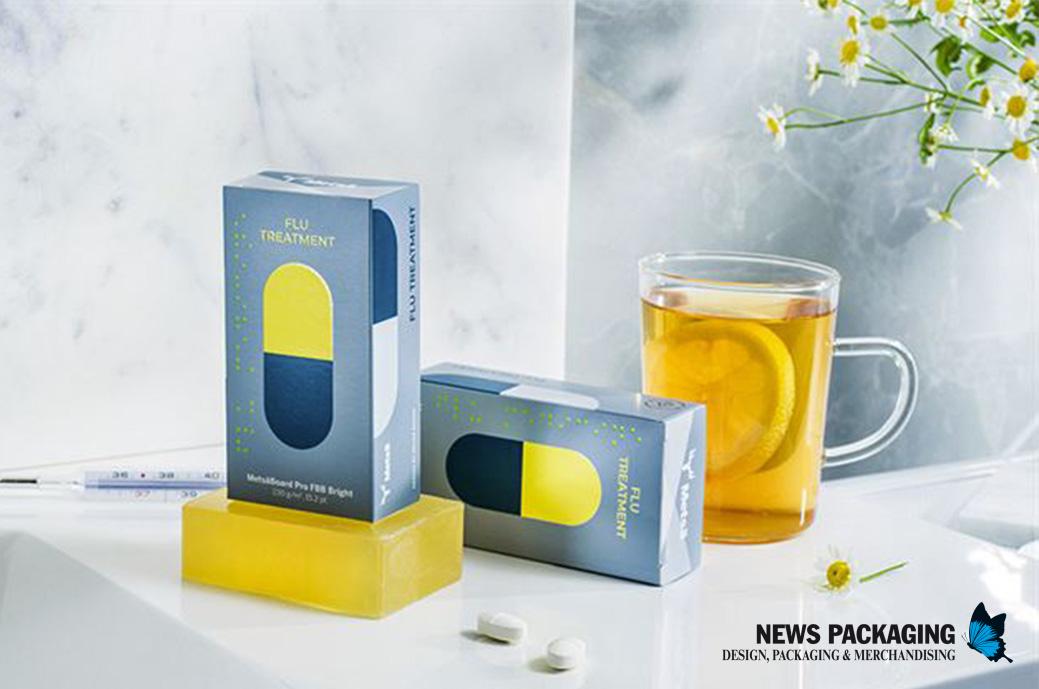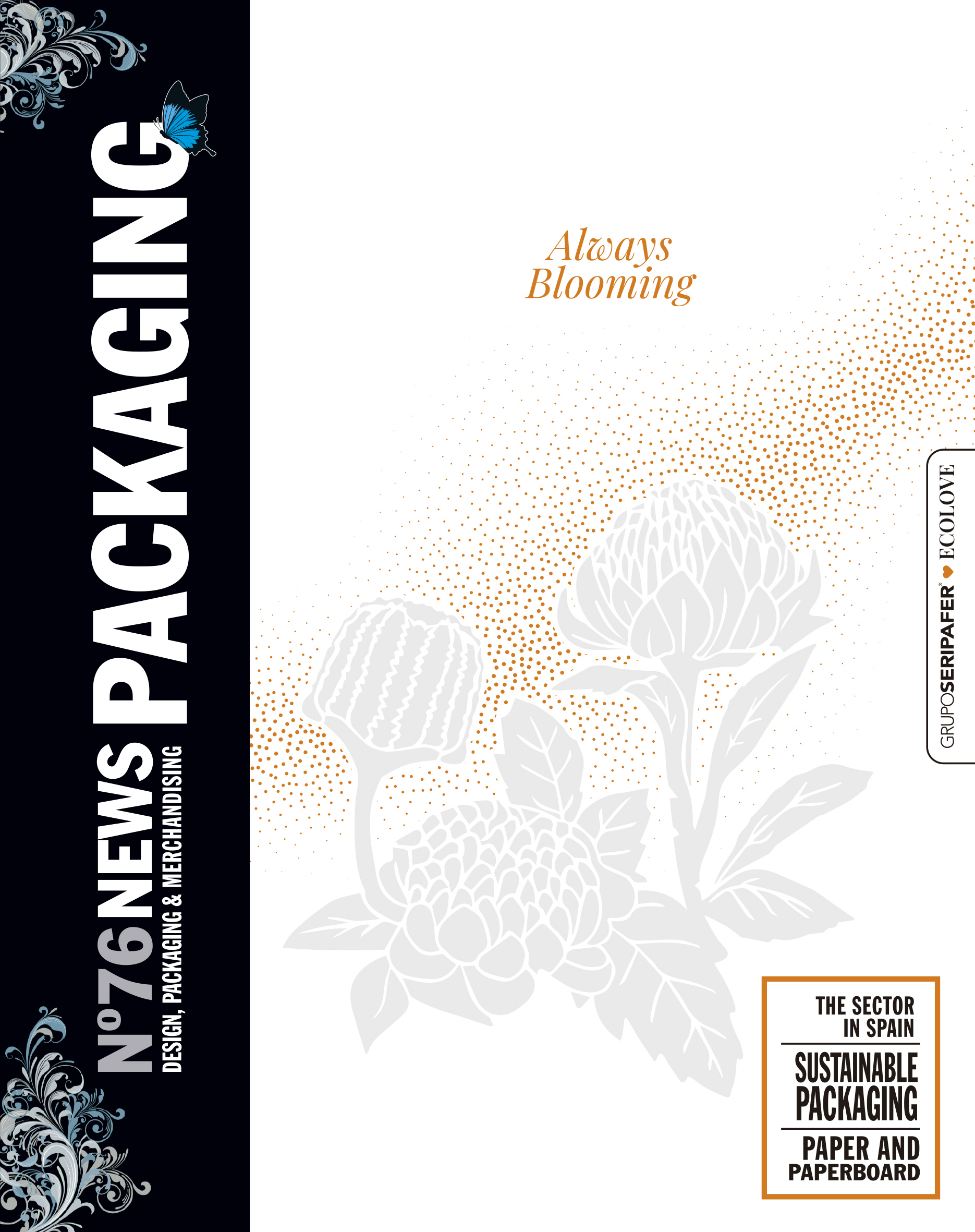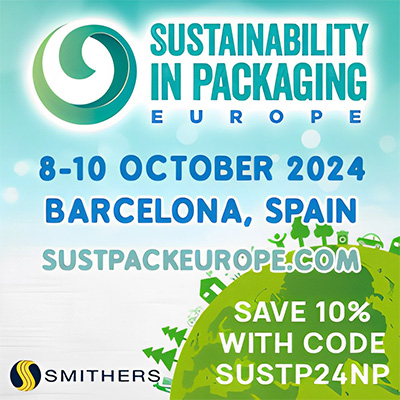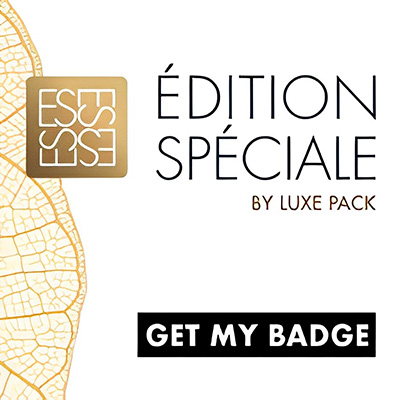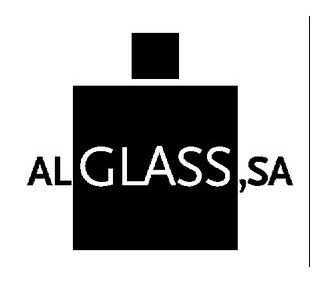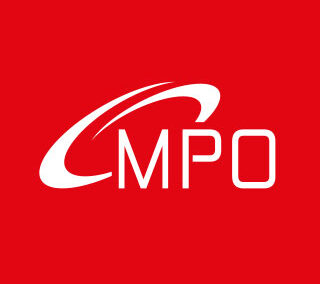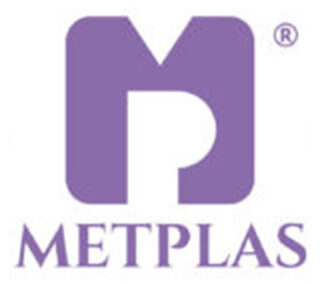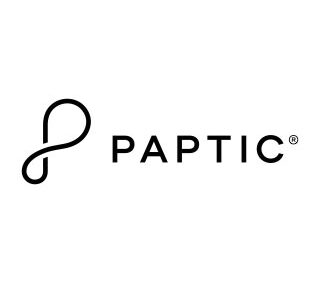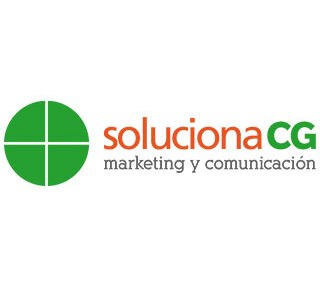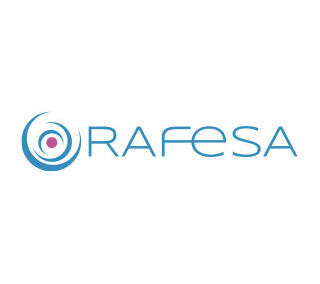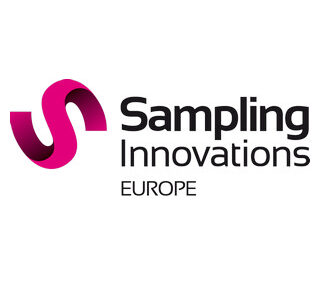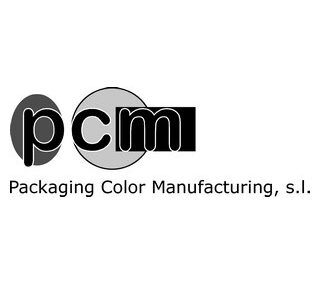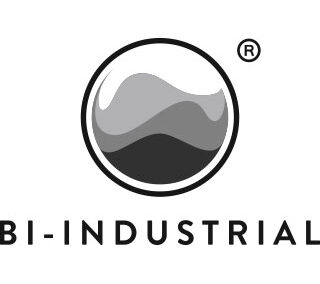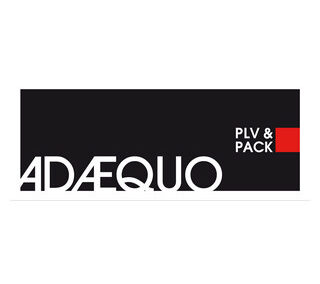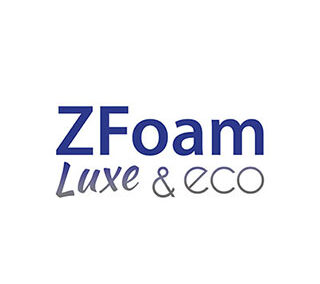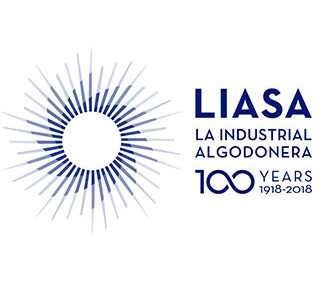Pharmaceutical packaging accounts for a large portion of manufacturers' Scope 3 emissions, which take into account, for example, raw material production, manufacturing and end-of-life disposal. According to studies of Metsä Board, virgin wood fiber cardboard can significantly reduce the carbon footprint of the pharmaceutical packaging optimizing the use of cardboard.
Assessments carried out by Metsä Board demonstrate the significant carbon footprint reductions that pharmaceutical manufacturers can achieve by switching from commonly used grades to Metsä Board's virgin wood fiber cartons. Switching from solid bleached board (SBB) to Metsä Board folding box board can reduce the carbon footprint of packaging by more than 50%, and replacing white coated chipboard (WLC) with paperboard for Metsä Board folding boxes it can mean a reduction of 60% or even more. These assessments have been verified by the Swedish Environmental Research Institute IVL. The technical report and verification statement are available on the Metsä Board website.
The results of the lower carbon footprint of Metsä Board folding cartons, compared to the aforementioned cartons, are due to the use of fossil-free energy in their production and their lower weight. However, despite their lighter weight, Metsä Board folding cartons retain the durability and functional properties of heavier traditional grades.
“As a responsible materials supplier, our job is to provide pharmaceutical brand owners with transparent and unbiased information to help them evaluate packaging materials to make better-informed, sustainable decisions to reduce their carbon footprint,” he says. Anne Usitalo, director of product safety and sustainability at Metsä Board. Metsä Board offers accurate information on the carbon footprint of its cardboard products and can also provide complete life cycle assessments to its customers.

